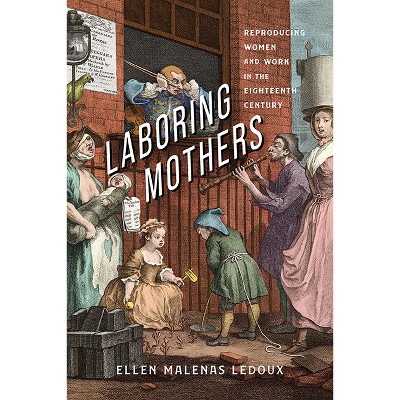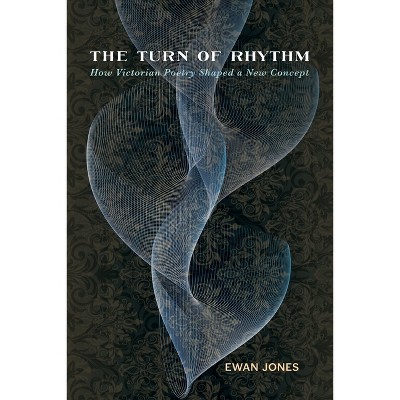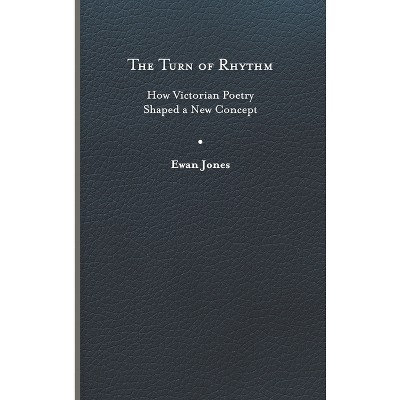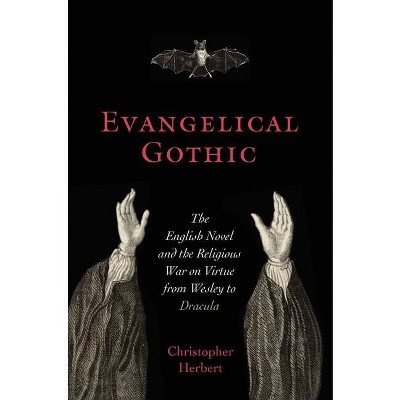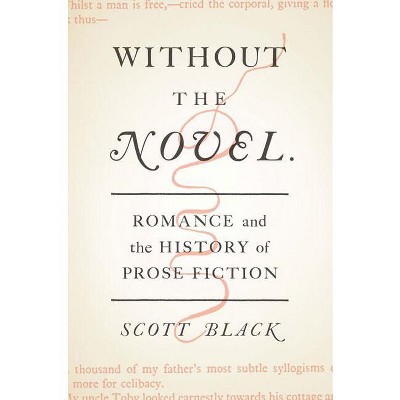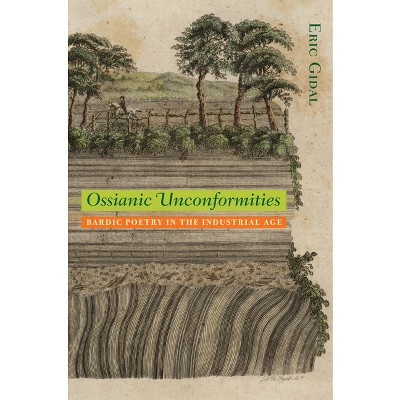About this item
Highlights
- Who has the right to decide how nature is used, and in what ways?
- About the Author: Erin Drew is Associate Professor of English at the University of Mississippi.
- 234 Pages
- Literary Criticism, European
Description
About the Book
"The Usufructuary Ethos traces an overlooked thread of environmental thought from the religious and legal writings of the seventeenth century through mid-eighteeenth-century poems of colonial commerce, attending to the particular political, economic, and environmental pressures that shaped, transformed, and ultimately sidelined it"--Book Synopsis
Who has the right to decide how nature is used, and in what ways? Recovering an overlooked thread of seventeenth- and eighteenth-century environmental thought, Erin Drew shows that English writers of the period commonly believed that human beings had only the "usufruct" of the earth--the "right of temporary possession, use, or enjoyment of the advantages of property belonging to another, so far as may be had without causing damage or prejudice." The belief that human beings had only temporary and accountable possession of the world, which Drew labels the "usufructuary ethos," had profound ethical implications for the ways in which the English conceived of the ethics of power and use. Drew's book traces the usufructuary ethos from the religious and legal writings of the seventeenth century through mid-eighteenth-century poems of colonial commerce, attending to the particular political, economic, and environmental pressures that shaped, transformed, and ultimately sidelined it. Although a study of past ideas, The Usufructuary Ethos resonates with contemporary debates about our human responsibilities to the natural world in the face of climate change and mass extinction.
Review Quotes
"A fascinating study of a potent, overlooked strand of English environmental thought. With sensitive readings of eighteenth-century texts and a sharp eye on their ecological and political resonances, Drew explores fundamental assumptions about relations between humans and nonhumans that have implications for how we understand our past and our present."
--Courtney Weiss Smith, Wesleyan UniversityAn important contribution to eighteenth-century studies, revealing a significant strand of social and environmental thought in the period. It reminds us that a varied range of attitudes to the nonhuman world, some destructive and some proto-conservationist, were held and articulated in the eighteenth century (and that different attitudes could be held by one person or expressed in one text)... the most pertinent, and most disturbing, lesson from this history might be that the cultural prominence of conservationist arguments was, and is, no protection against the onrush of the Anthropocene.
-- "Agricultural History Review"Drew demonstrates that eighteenth-century writing can contribute to a new ethos of sustainability
-- "Prose Studies"Erin Drew's The Usufructuary Ethos offers a vital contribution to scholarly conversations in ecocritical literary history, environmental history, and environmental ethics. The readings--of canonical and lesser-known poems, as well as devotional literature and political philosophy--are incisive, original, and compelling.
--Tobias Menely, University of California, Davis, author of Climate and the Making of Worlds: Toward a Geohistorical PoeticsAbout the Author
Erin Drew is Associate Professor of English at the University of Mississippi.
Shipping details
Return details
Trending Poetry







